Businesses need to realize the value of this new environment; most businesses worldwide have now shifted their customers’ and customers’ devices and desktop screens. Any company wants its application nowadays. An application may be used to communicate with consumers, market goods, advertise them more effectively. There are also advantages of providing an application that promotes the industry.
Retail Business Development:
-
Develop platform-wide application:
Companies can design a cross-platform framework that will operate on any computer, regardless of the operating system. This would save much time designing individual software with various operating systems and saving many resources. Via cross-platform implementations, 90 percent t of source code can be maintained for different systems, saving the developer a ton of time.
-
Use recent program techniques:
Any new technological technology can also be utilized to render the program unique and distinct from other apps. Developers should use a feature that can use the mobile camera to scan for an interface product. Many new developments should be pursued to render the product competitive than other competing retail apps in the sector. The retail eCommerce program wants several items to stand out, and one of them is the features they use.
-
Practical design:
The application architecture should be easy and appealing. Users should be able to switch quickly from one type to another. The program should not be bulked up elements, and it should be seamless. There should be no pause while changing sections. The transfer should also be smooth. The application’s colors should not be too vivid or affect users’ eyes. The program architecture plays an important part in gaining consumers.
-
Privacy and security should be robust:
There are also protection and privacy concerns developers can consider when designing the framework. When developing an application, all protection constraints should be examined and fulfilled. Developers can also insist on protection and consumer data shopping from the program. There are risks of data theft if the privacy is not maintained, and if the privacy of the customer is exploited, a retail company may be affected by a loss.
Features to Use in Mobile App for Retail Business:
The features used in an application are significant in its popularity. The functionality should be chosen based on retail standards and product development market patterns.:
-
Service Catalog:
This is the most critical function to bring to the framework. Otherwise, the retail application is nothing. Users can include both items in the catalog. More importantly, the catalog can be grouped into groups, carefully determining categories. The catalog should also contain the merchandise prices, specifications, and products purchased with them.
-
Bar Search:
The product list can go quite long and selecting a product when browsing through it may be a tiring experience for consumers. This might lead to the user’s disinterest in the program as the design is not simple. More importantly, to solve this problem, developers should introduce a search bar function where users can instantly search for any product.
-
Sorting and Filters:
This is one of the most critical aspects of a retail program. Customers would like to see items, like a commodity with some specific color, specific material, or model, and the filter choice is required. Moreover, using filter choices, they like to delete any other useless options.
-
Payment Procedures:
App developers can work on integrating all the application’s trending payment methods. Most consumers choose to pay electronically, so all standard payment solutions should be accessible to allow the payment process seamless. Any payment methods should be added with the potential developments in mind, they may not be applicable in the present moment, but they might become common in the future.
Calculation of Retail Business Application costs:
Many variables impact a retail company application’s expense. Cost measurement may vary with these characteristics on any online retail program. Those are:
-
Application size:
The application’s expense depends heavily on the app’s scale. If the app is comprehensive and has more functions, it would cost more. On the other side, the program is produced at a lower level with fewer functionality and functionalities.
-
Design:
Design is a significant factor impacting retail application production costs. As in this application, the software must be engaging and innovative to attract full consumer interest.
-
Development rate:
Production rate can be identified by developers’ delayed time to build several applications. Some applications get ready within a few days, and some require weeks or even a month. It also relies on team form. A quick and effective team will complete a retail app in a few days.
Wrapping up
Retail firms can go for hybrid application construction as it often saves them much time. Before building an application, retailers should be mindful of their needs. Well-specified specifications would help developers create an application that will help draw consumers. Companies may still go to PWA (Progressive Web Apps). Many PWA Development providers will do this for retail eCommerce solutions companies.
Any queries about the mobile app for retail business? Feel free to fill our contact form & our experts will get back to you.
Check: eCommerce development India
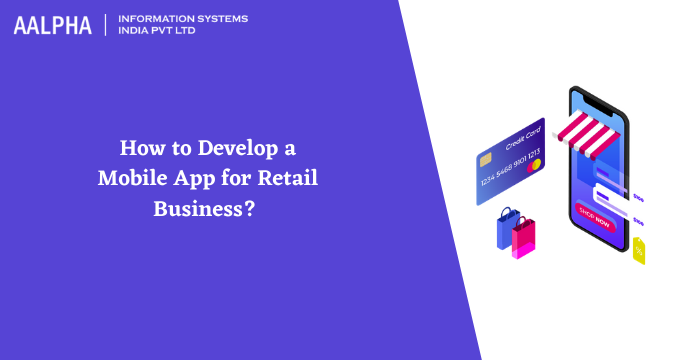
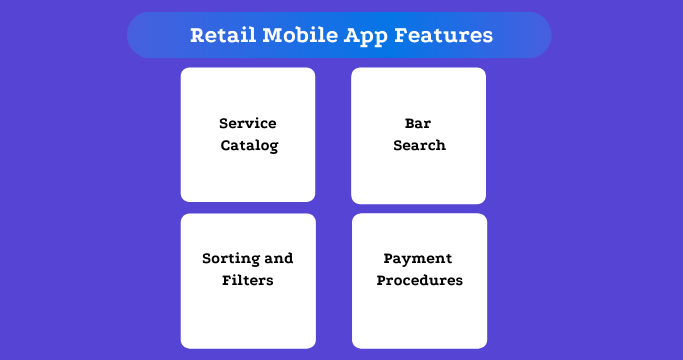
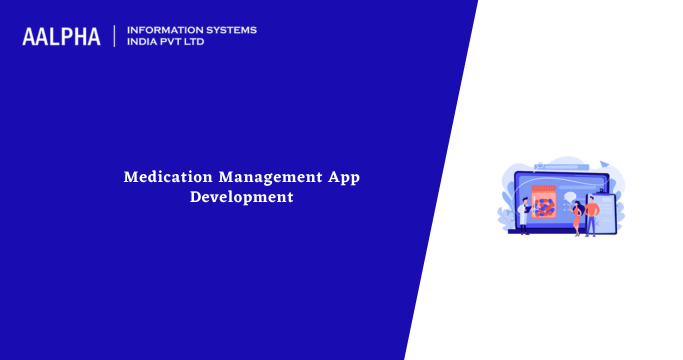
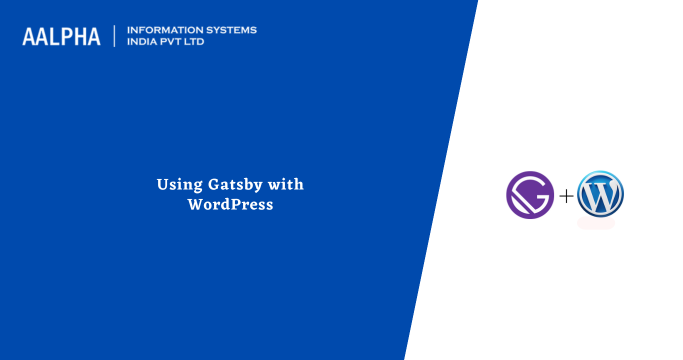
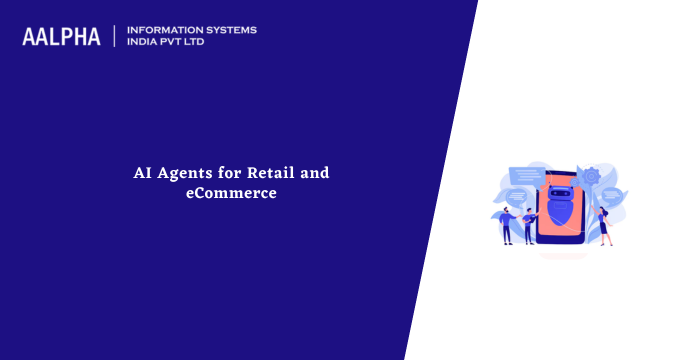
Share This Article:
Written by:
Muzammil K
Muzammil K is the Marketing Manager at Aalpha Information Systems, where he leads marketing efforts to drive business growth. With a passion for marketing strategy and a commitment to results, he's dedicated to helping the company succeed in the ever-changing digital landscape.
Muzammil K is the Marketing Manager at Aalpha Information Systems, where he leads marketing efforts to drive business growth. With a passion for marketing strategy and a commitment to results, he's dedicated to helping the company succeed in the ever-changing digital landscape.